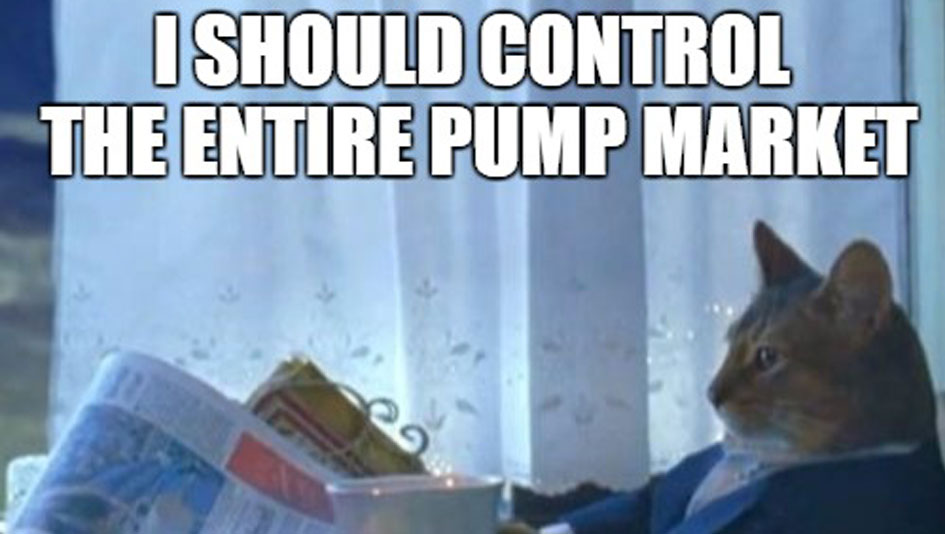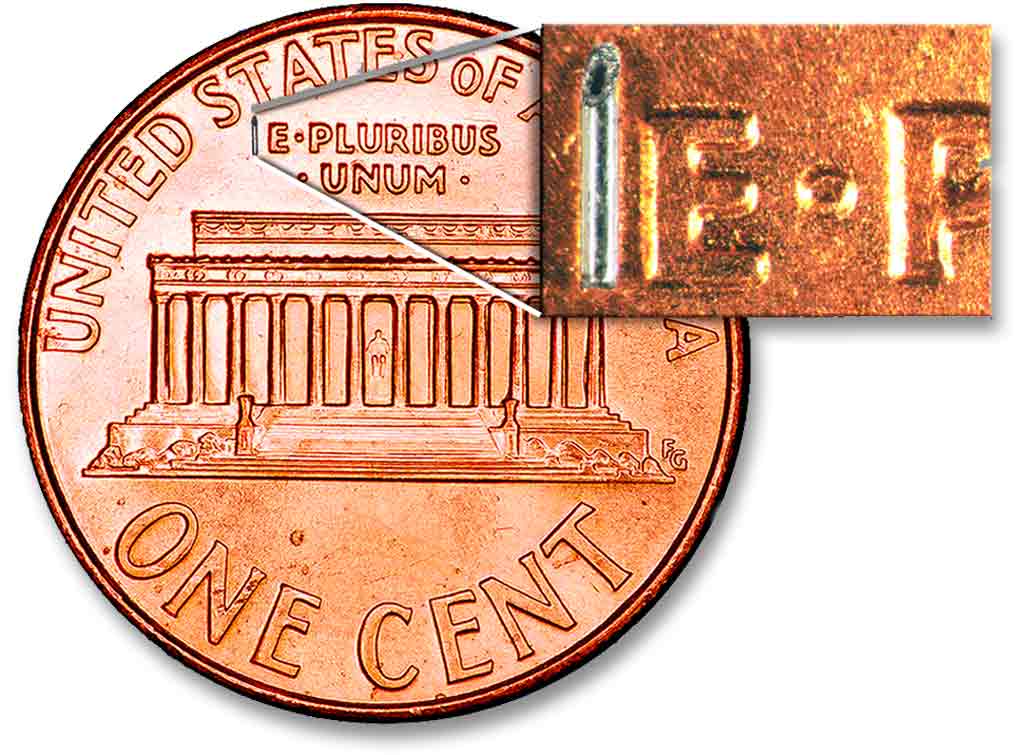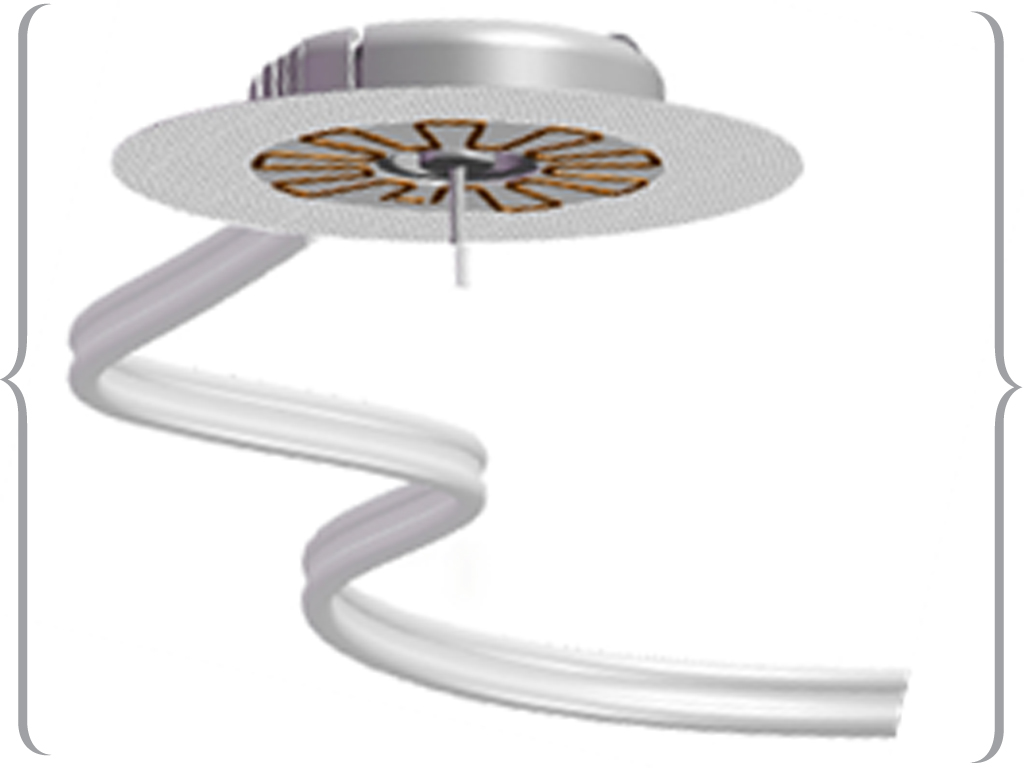10 Memes to Explain the UHC-Medtronic Controversy

Heard about some kind of trouble involving insulin pumps and health insurance, but can’t bring yourself to read up on it?
We understand – health care policy is not the sexiest news topic. That’s why we decided to explain the recent UnitedHealthcare-Medtronic controversy in 10 memes. Have a quick read:
1. Health care costs are rising rapidly, especially for people with chronic conditions like diabetes. Health insurance companies are looking for ways to cut costs:
2. But that’s hard to do when expensive medical hardware like insulin pumps are being prescribed more often:
3. UnitedHealthcare, one of the largest health insurance companies, meets with Medtronic to see if they can strike a deal to cut costs. United would get Medtronic pumps at a discount while giving Medtronic pumps “preferred” status. Medtronic officials must have thought this was a good deal for them.
4. In a large PDF to customers, United casually announces that Medtronic pumps will be the preferred pumps going forward. This means it will be extremely difficult to get United to pay for pumps made by other companies. United officials probably hoped the announcement would be the end of it.
5. Tandem, a much smaller insulin pump maker, gets wind of the deal and sends out a press release in protest of the move. Tandem’s stock price craters.
6. Diabetes advocates begin to understand what the move means for them, and they don’t like it.
7. They launch an organized campaign to protest the move. The campaign gains momentum faster than any previous attempts at collective rage from the diabetes community.
8. JDRF weighs in on the controversy with a post that doesn’t mention either Medtronic or United by name.
9. JDRF officials realize their mistake and put out a more forcefully-worded statement against the UHC-Medtronic move. At least they tried – so far, no press release on the controversy has appeared on UHC or Medtronic websites.
10. What will the ultimate effect be of this protest? We’ll have to wait and see if anything changes. At the very least, it can be hoped that health industry officials have been put on notice that it’s best to avoid angering the diabetes community.
Thanks for reading this Insulin Nation article. Want more Type 1 news? Subscribe here.
Have Type 2 diabetes or know someone who does? Try Type 2 Nation, our sister publication.

















